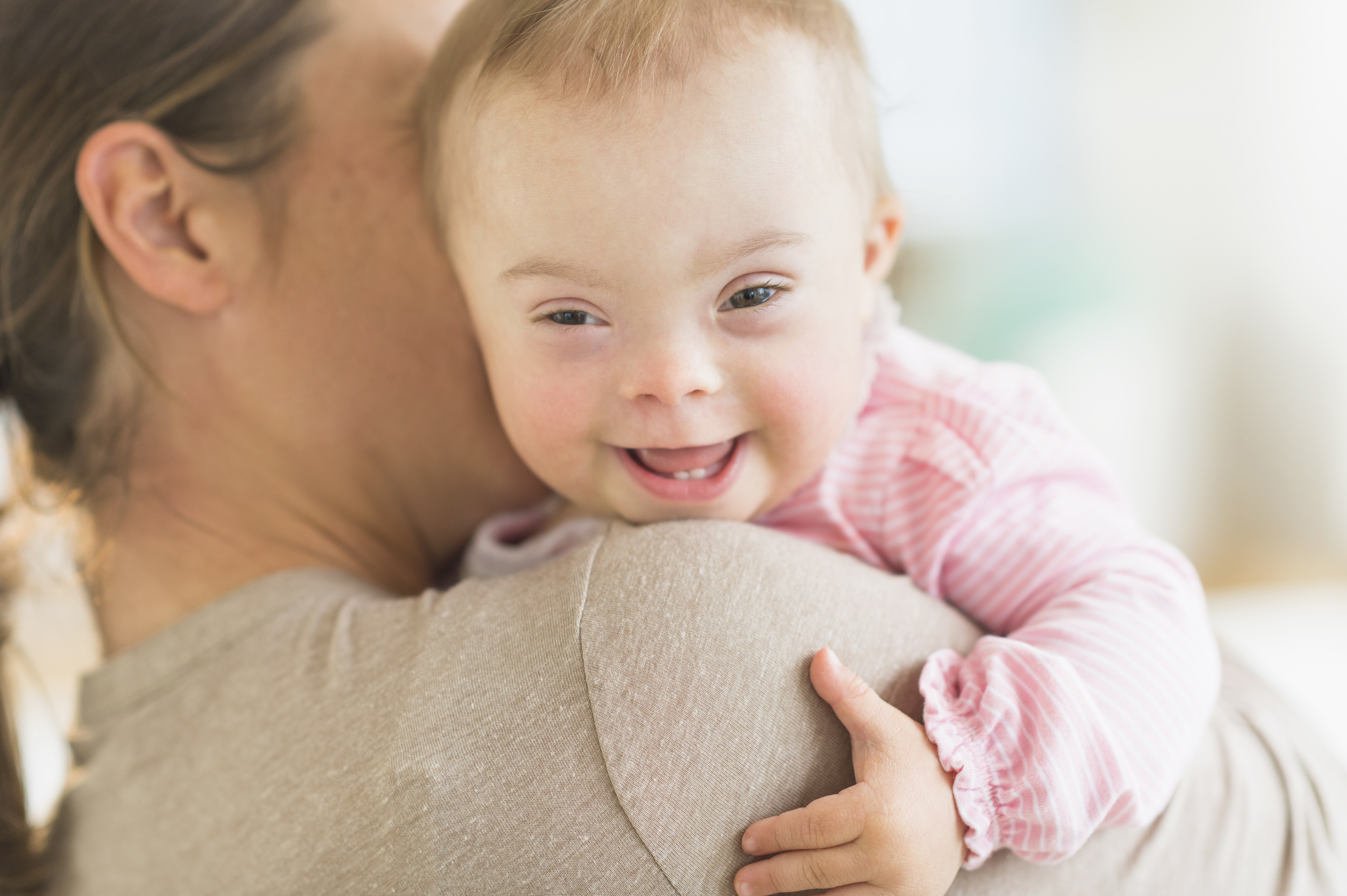The ghosts of World Down Syndrome Day
Children with trisomy 21 have become unconscionably rare — and the reason indicts us all


A free daily email with the biggest news stories of the day – and the best features from TheWeek.com
You are now subscribed
Your newsletter sign-up was successful
Tomorrow is World Down Syndrome Day — and awareness of trisomy 21 (the proper name of the disease) has never been more critical.
Trisomy 21 causes physical growth delay, characteristic facial deformities, and mild to moderate intellectual disability. On average, a person with trisomy 21 will have the intelligence of a normal 8 or 9 year old child, though this varies widely — some have graduated high school.
I do not know a single family with a child with trisomy 21 who has not regarded them as a joy, much less regretted their existence. The expression "ray of sunshine" has become such a cliché, but here it is perfectly applicable.
The Week
Escape your echo chamber. Get the facts behind the news, plus analysis from multiple perspectives.

Sign up for The Week's Free Newsletters
From our morning news briefing to a weekly Good News Newsletter, get the best of The Week delivered directly to your inbox.
From our morning news briefing to a weekly Good News Newsletter, get the best of The Week delivered directly to your inbox.
More importantly, people with trisomy 21 are human beings. They have dreams. They live, they breathe. When you prick them, they bleed.
Because they are human beings — and this, not their disease, is the most important thing about them — one hesitates to generalize, but it's always striking how joyous many people with trisomy 21, especially children, appear. Most people who interact with people with trisomy 21 are struck by their intense gaze, and the way they can easily be moved whole by their emotions — whether joy or fear or anger or love.
Typically, if people with trisomy 21 suffer in a way that other human beings do not, it is not on account of the disease itself. It is on account of others and their reaction to this disease.
I write all these things, first, because it is important to write them. Because human beings are our brothers and sisters, and as such they deserve consideration, justice, and loving-kindness.
A free daily email with the biggest news stories of the day – and the best features from TheWeek.com
But I write all these things, also, of course, because they are ghosts. Because we have made them ghosts.
In my parents' or grandparents' generation, seeing a child with trisomy 21 on the street was a frequent occurrence and totally unremarkable. Today, seeing a child with trisomy 21 is no longer ordinary (that is, except in some churches on Sunday morning) — despite the fact that modern medicine has expanded the life expectancy of trisomy 21 sufferers by 20 or 30 years, and has made the everyday drawbacks of the disease much easier on them and those close to them.
The reason for this is so obvious that I do not have to mention it. Despite everything I have said about the joy families find in trisomy 21 children, and about their equal and transcendent dignity as human beings, almost all of them in the modern West are snuffed out before birth.
I do not want to write a column about abortion politics today. Regardless of how one feels about abortion policy, this fact — and the fact that no one cares — is a treachery of unspeakable magnitude that shames our entire society.
We go about in the world surrounded by ghosts. Every time you walk down the street, there is a ghost. Someone who could have been there, and should have been there, full of the unique and infinite beauty that dwells within every single human person, is not. We go about in the world surrounded by the ghosts we have made, and we do not even have the good taste to be haunted.
If there is a God, we had better all pray that He is merciful.
Pascal-Emmanuel Gobry is a writer and fellow at the Ethics and Public Policy Center. His writing has appeared at Forbes, The Atlantic, First Things, Commentary Magazine, The Daily Beast, The Federalist, Quartz, and other places. He lives in Paris with his beloved wife and daughter.
-
 The ‘ravenous’ demand for Cornish minerals
The ‘ravenous’ demand for Cornish mineralsUnder the Radar Growing need for critical minerals to power tech has intensified ‘appetite’ for lithium, which could be a ‘huge boon’ for local economy
-
 Why are election experts taking Trump’s midterm threats seriously?
Why are election experts taking Trump’s midterm threats seriously?IN THE SPOTLIGHT As the president muses about polling place deployments and a centralized electoral system aimed at one-party control, lawmakers are taking this administration at its word
-
 ‘Restaurateurs have become millionaires’
‘Restaurateurs have become millionaires’Instant Opinion Opinion, comment and editorials of the day
